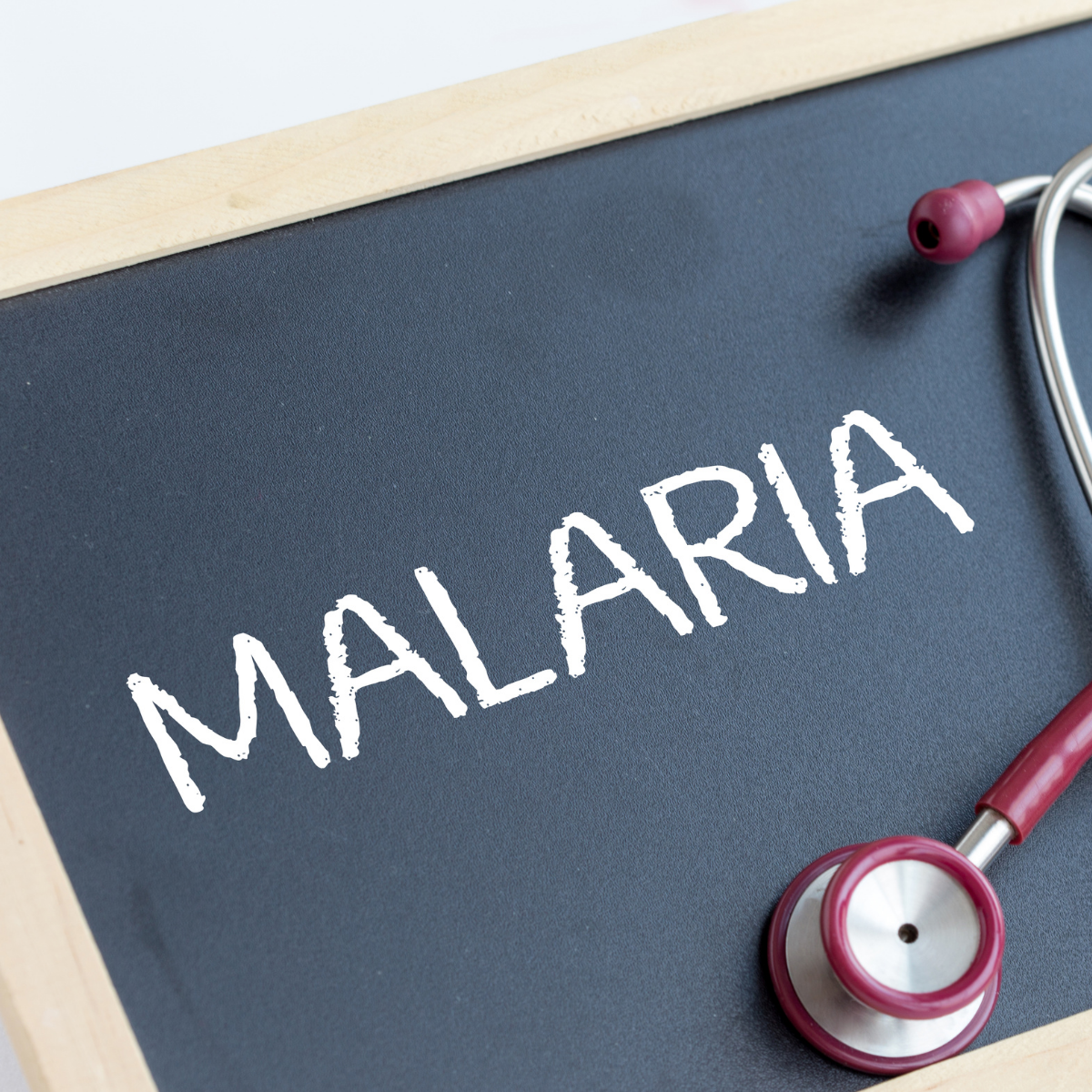Causes and risk factors
The anopheles mosquito bite transmits the parasite into the human blood. In the liver cells the parasite reproduces asexually further infecting the red blood cells and giving rise to a set of symptoms. When the uninfected mosquito bites the carrier of the parasite, it becomes infected and thus become a potent carrier to transmit the disease to another person. The infection can also be transmitted due to transfusion of the blood infected with the parasite. Certain risks factors have also been laid down. People suffering from diseases like tuberculosis, HIV where the immunity is compromised they are at high risk for developing the infection. Poor sanitary areas are more prone for such infection.
Clinical presentation:
The infection caused due to plasmodium falciparum are serious and if not treated on time the complaints can lead to serious life threatening illness. High number of parasites are seen in blood. Initially the symptoms are mild and often difficult to diagnose as malaria. Normally the incubation period is from 7-30 days however it is short in cases of plasmodium falciparum. The cardinal symptom of malarial infection is the periodic occurrence of sudden shivering and fever followed by sweating. The fever occurs after every 48 hours. The other common complaints with which the patient can come up are fever, headache, body ache, pain in joint, vomiting along with pain in abdomen. Plasmodium falciparum destroys the red blood cells causing anemia. It can adhere to the cells of certain organs like brain, kidney and lungs affecting the normal functioning of the cells. The red blood cells which are affected by the parasite become sludge and are microinfacted. Cerebral malaria is one of the major complication causes due to plasmodium falciparum. It can cause the person to land up in coma; it can also affect the neurological functioning and can even lead to death. Majority of deaths caused due to malaria are due to plasmodium falciparum.
Investigations:
The diagnosis is confirmed on the basis of the symptoms narrated by the patients and certain physical examination is carried by the doctor. Certain sets of investigations can also be advised which will aid in the confirmation of the disease.
The malaria antigen detection test is the diagnostic investigation advised. The other tests include the complete blood count and urine routine.
Laboratory blood tests like thick and thin smears during the episode of fever and chills along with the immunochromatographic dipstick or rapid card test helps in spot diagnosis.
Treatment:
The first line of treatment consists of administration of anti malarial medications. Quinine is the drug of choice. However since resistance to this drugs have been noted new drugs in combination are advised by the expert faculty. Depending upon the symptoms severity hospitalization and intravenous fluid administration is initiated.
Vector control is the only preventive method for malaria. Along with this use of mosquito repellants, bed nets and long sleeved covered clothes can be helpful to prevent oneself from the mosquito bite. Proper hygiene and maintenance of sanitation should be adopted.
Other Modes of treatment:
Certain other modes of treatment can also be helpful in coping up the disease. Taking into consideration the symptoms in holistic way, homoeopathy can offer a good aid for the relief of the symptoms. The Ayurvedic system of medicine uses herbal and certain synthetically prepared medicines. These can also be effective to combat the symptoms.
Recent updates:
Development of malaria vaccine is one of the important areas under development
As per WHO one research vaccine against plasmodium falciparum known as RTS, S/AS01 is most advanced.
Facts and Figures:
As per the recent updates given by the world health organization malaria accounted for 660,000 deaths worldwide.






























